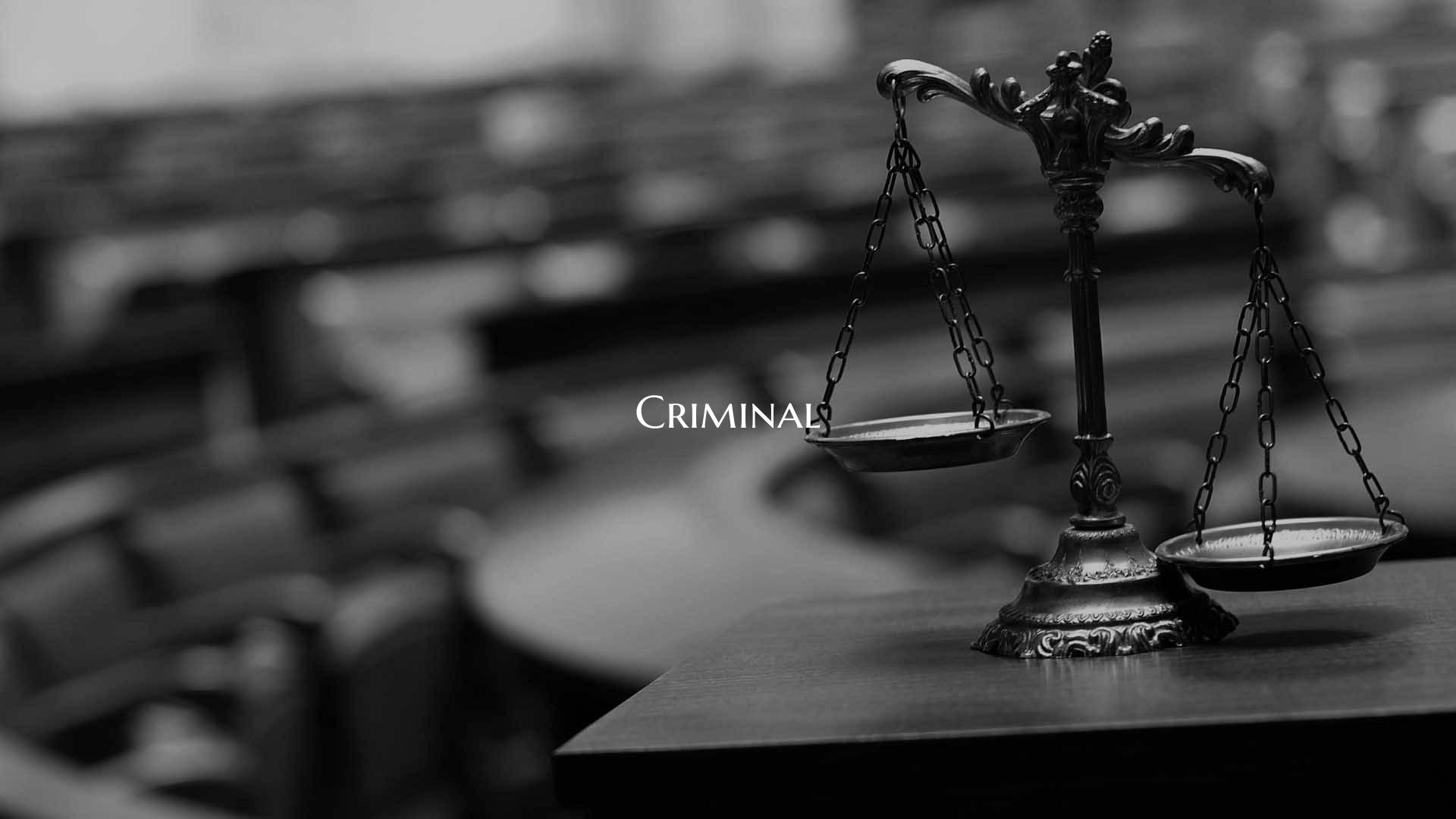
Criminal
The concept of criminal behavior is a complex and multifaceted aspect of society that has both intrigued and alarmed individuals throughout history. Criminal activities encompass a wide range of behaviors that are unlawful and punishable under the legal system of a society. From petty theft and fraud to violent crimes such as murder and assault, criminals can take many forms and operate in various capacities.
The study of criminal behavior falls under the field of criminology, which seeks to understand the causes, consequences, and prevention of criminal activities. Psychologists, sociologists, and law enforcement professionals all contribute to the body of knowledge surrounding criminal behavior, hoping to find effective strategies to combat crime and ensure the safety and well-being of communities.
While some criminals may engage in unlawful activities due to socioeconomic factors, mental health issues, or personal circumstances, others may act out of greed, power, or a desire to exert control over others. Regardless of the underlying motivations, the impact of criminal behavior can be devastating, resulting in loss of life, property damage, and emotional trauma for victims and their families.
In response to criminal activities, legal systems around the world have established laws and regulations to define, deter, and punish criminal behavior. The criminal justice system plays a crucial role in investigating crimes, prosecuting offenders, and imposing penalties that are commensurate with the severity of the offense.
Ultimately, the prevention and reduction of criminal behavior require a multifaceted approach that addresses root causes, promotes community engagement, and provides support and rehabilitation for individuals at risk of engaging in criminal activities. By working together to understand and address the complex factors that contribute to criminal behavior, society can strive towards creating safer and more equitable communities for all.
